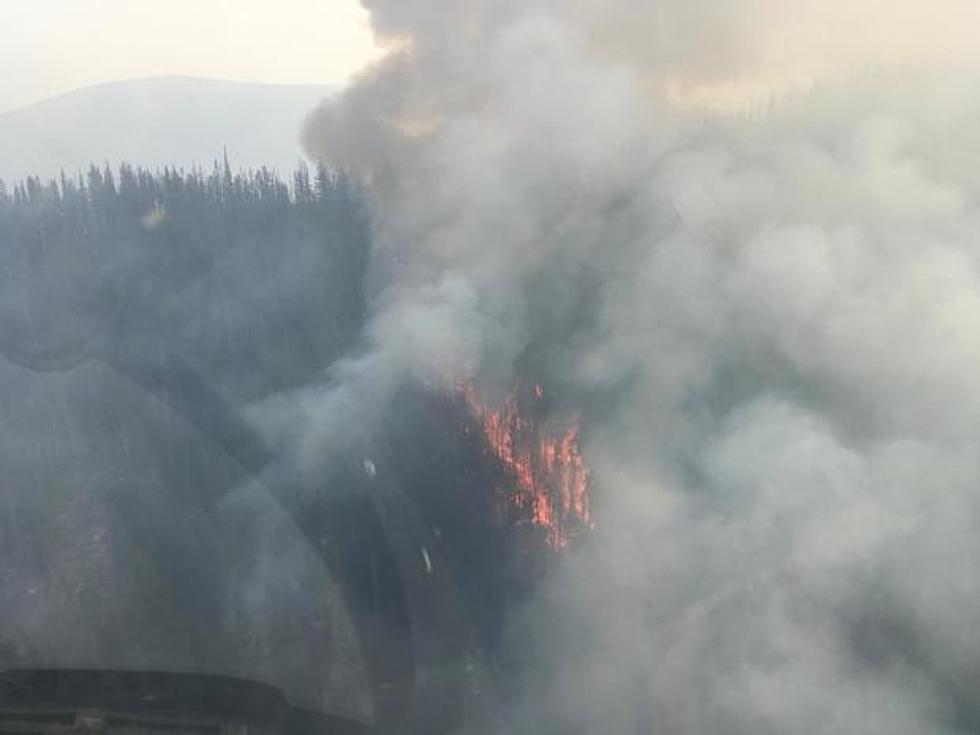
Study – Forests Burning More than any Time in Last 2,000 Years
A recent study released by the University of Montana and the University of Wyoming states that forests in the central Rocky Mountains are burning more than in any point in the last 2,000 years.
Professor of Fire Ecology at the University of Montana, Phillip Higuera spoke with KGVO News on Monday to provide details of the study.
“Probably the most surprising and I think important finding of the study is when we look over the past 2,000 years, fire activity over that time period is now being exceeded in the 21st century,” said Higuera. “So, over the last 20 years in the central Rocky Mountains, the rate at which forests have been burning in these high elevations is about two times the average rate that they burned over this really long perspective from 2000 years ago.”
Higuera definitely tied human caused climate change as the reason for the higher levels of wildfires.
“The clear driver and clear impact of industrialization that is influencing these forests is climate change through increased greenhouse gas emissions,” he said. “That's something that's been happening over the last 100 years or the last several decades to centuries, but has really kicked up since about the mid 1980s. We don't show this in our study, but there are other studies that show pretty clearly that around half of the increase in areas burned that we see across the west, since about the mid 1980s can be attributed to human caused climate change.”
Higuera states that efforts to limit human caused climate change must be increased.
“Here’s the big picture,” he said. “One thing that our study highlights really clearly is that if we want to address the impacts of wildfire on human communities and our non human ecosystems, that means we have to address human caused climate change. We have to focus on that because that's our greatest ability to limit the amount of warming that we and the ecosystems we depend upon are going to experience in upcoming decades.”
Higuera concluded by saying that the majority of destructive wildfires are actually human caused.
“The fires that affect us negatively the most, the ones that cause us to be under evacuation orders, or, heaven forbid the ones that that consume our houses or kill people; the vast majority of those fires are started by humans either directly or indirectly, whether it's an accidental fire from burning yard waste or a power line ignition or something like that.”
Higuera and colleagues have previously highlighted ways communities and managers can respond to increasing fire activity, but he hopes his paper helps illustrate the significant impacts of human-caused climate change on wildfire, forests and the human communities that live among them.

